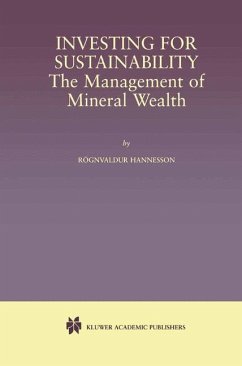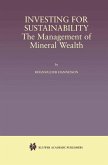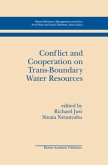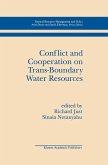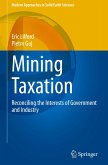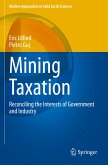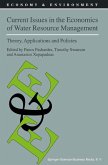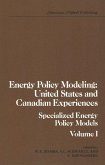Mineral deposits are non-renewable; they do not grow in the ground. Sustainable use of finite mineral wealth requires that revenues from mineral extraction be invested in renewable wealth, education and infrastructure, machines and other production equipment, or in financial assets. Different countries, states and provinces have done so with a varying degree of success. Investing for Sustainability: The Management of Mineral Wealth highlights mineral rents investment funds in Norway, Alaska and Alberta, all of which derive considerable revenues from the production of petroleum bound to diminish over time. The book examines the institutional and political framework in which these funds are embedded and how successfully they have been used for making non-renewable petroleum wealth permanent.
Investing for Sustainability: The Management of Mineral Wealth begins with a discussion of the elusive concept of sustainability. New technology and substitution has made a resource like peat obsolete long before it became exhausted physically. Jevons' famous book "The Coal Question" is discussed at some length as a case of unwarranted concern about the depletion of resources. The book also highlights other cases which strike a less happy note. Nauru, one of the smallest sovereign states in the world, has for decades lived off phosphate resources that are now running out. Nauru attempted to make its phosphate wealth permanent through investment funds but failed.
Despite its success with its Permanent Fund, less of the oil wealth of Alaska has been made permanent than would appear warranted, and the same is true of Alberta and Norway. Judging from the experiences of the three funds, and the current political debate in Norway, Investing for Sustainability: The Management of Mineral Wealth suggests that it is essential that the citizenry at large benefit directly from mineral rents investment fundsif they are to succeed.
Investing for Sustainability: The Management of Mineral Wealth begins with a discussion of the elusive concept of sustainability. New technology and substitution has made a resource like peat obsolete long before it became exhausted physically. Jevons' famous book "The Coal Question" is discussed at some length as a case of unwarranted concern about the depletion of resources. The book also highlights other cases which strike a less happy note. Nauru, one of the smallest sovereign states in the world, has for decades lived off phosphate resources that are now running out. Nauru attempted to make its phosphate wealth permanent through investment funds but failed.
Despite its success with its Permanent Fund, less of the oil wealth of Alaska has been made permanent than would appear warranted, and the same is true of Alberta and Norway. Judging from the experiences of the three funds, and the current political debate in Norway, Investing for Sustainability: The Management of Mineral Wealth suggests that it is essential that the citizenry at large benefit directly from mineral rents investment fundsif they are to succeed.

